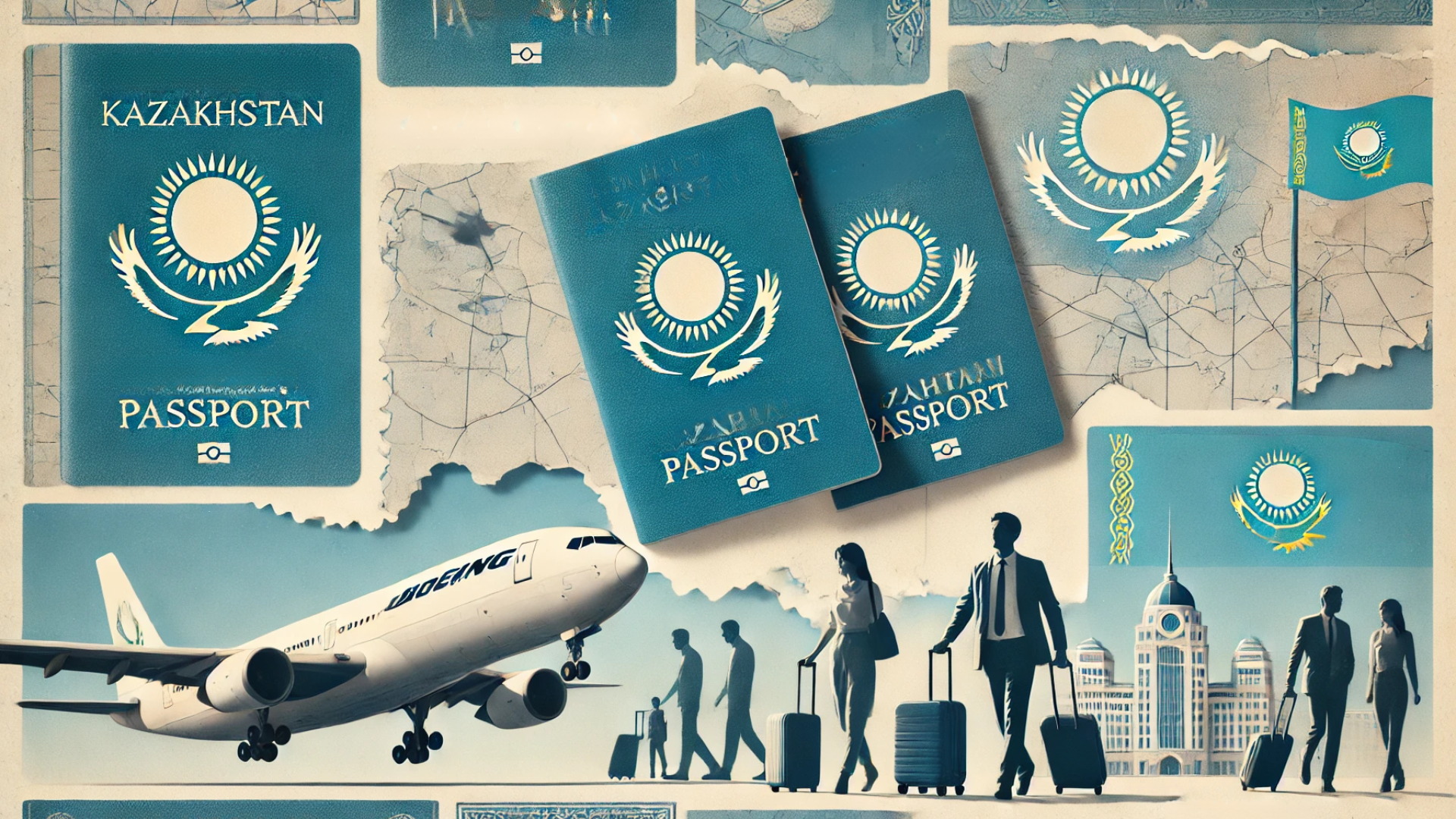
In 2025, a total of 6,755 ethnic Kazakhs returned to their historical homeland and were granted kandas status. Since 1991, 1,154,800 ethnic Kazakhs have resettled in the Republic.
Of those who arrived in Kazakhstan since the beginning of this year, 45.1% came from China, 41.7% from Uzbekistan, 5.4% from Turkmenistan, 2.8% from Mongolia, 2.4% from Russia, and 2.6% from other countries.
As of July 1, 2025, 59.8% of ethnic returnees are of working age, 31% are minors, and 9.2% are retirees.
Among kandas of working age, 16% hold higher education degrees, 27.1% have vocational education, 54.6% have general secondary education, and 2.3% have no formal education.
The newly arrived ethnic Kazakhs have settled in various regions of the Republic.
At the same time, the following labor-deficient regions have been designated for resettlement: Akmola, Abai, Kostanay, Pavlodar, Atyrau, as well as West, East, and North Kazakhstan regions.
The resettlement quota for kandas in these regions for 2025 is set at 2,309 individuals. As of July 1, 2025, 1,092 kandas have been relocated to these areas.
Kandas settling in the aforementioned regions receive state support in the form of relocation subsidies—provided as a one-time payment of 70 MCI (275,200 KZT) for the head and each family member; and housing and utility allowances—paid monthly for one year in amounts ranging from 15 to 30 MCI (59,000 to 118,000 KZT).
Since the beginning of the year, various support measures have been provided to 494 kandas. In particular, 188 individuals have been employed in permanent jobs.
Additionally, to enhance the efficiency of voluntary resettlement, institutional measures have been adopted to support employers participating in the relocation of citizens to northern regions. An Economic Mobility Certificate has been introduced to enable the purchase or construction of housing, or to cover part of the down payment on mortgage loans, provided as a one-time, non-repayable grant of up to 50% of the housing cost or 4.56 million KZT per family.